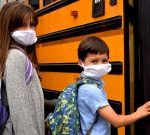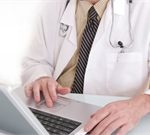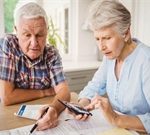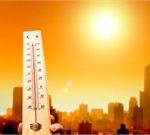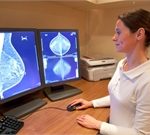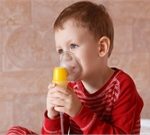
High levels of air pollution may increase young children’s risk of developing asthma and persistent wheezing, researchers warn. The findings “support emerging evidence that exposure to air pollution might influence the development of asthma,” according to a report by Torben Sigsgaard, of Aarhus University in Denmark, and colleagues. For the new study, the researchers analyzed data on more than 797,000 Danish children who were born between 1997 and 2014 and followed from ages 1 year up to 15 years of age. Nearly 123,000 of the children developed asthma or persistent wheezing, just before age 2 on average. The researchers then checked data on air pollution levels at the children’s home addresses, parents’ asthma, mothers’ smoking, parental education and income. After accounting for other potentially influential factors, the investigators found higher levels of asthma and persistent wheezing in children of parents with asthma and in children of mothers who smoked during pregnancy. Lower levels of asthma and persistent wheezing were found in children of parents with high levels of education and high incomes. The researchers also found that children exposed to higher levels of fine particulate air pollution (PM2.5) were more likely to develop asthma and wheezing than those who weren’t exposed. In people with asthma, the airways become inflamed and produce extra mucus, which makes it difficult to breathe. The study was published online Aug.… read on >










